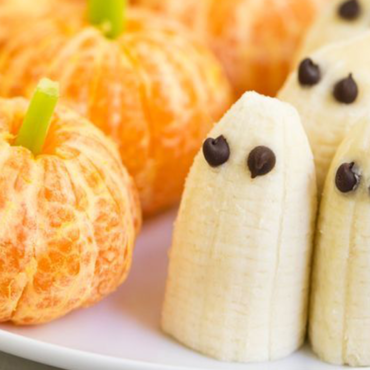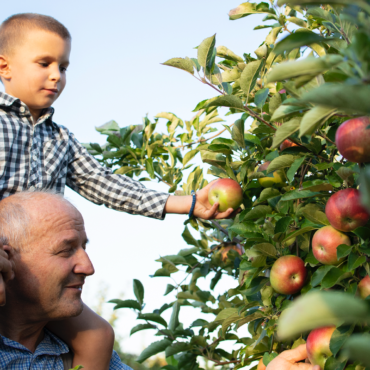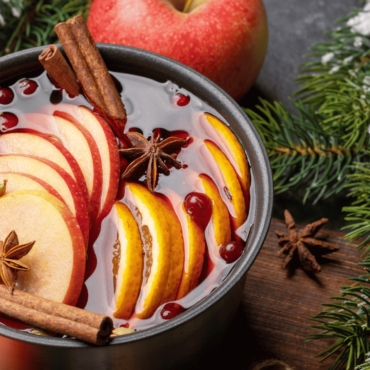Blog & News
Food waste
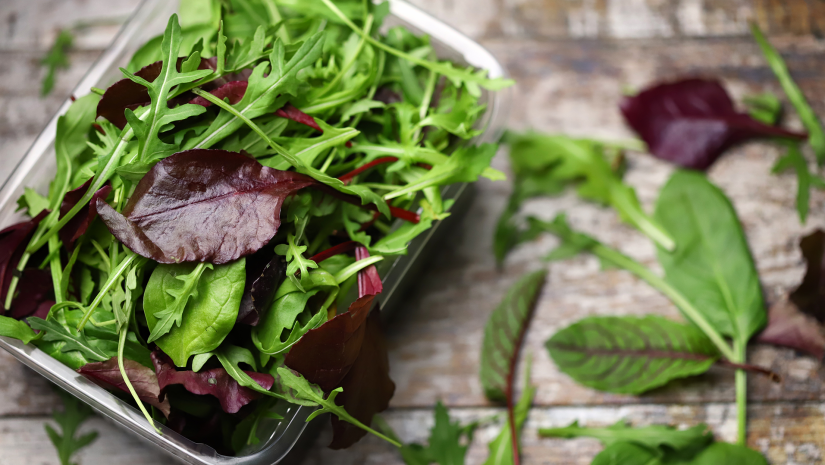
When it comes to preserving, it’s sometimes hard to tell the difference between true and false: there’s a lot of conflicting advice and contradictions! To make it easier for you, Ricardo and I put to the test, à-la-MythBusters, 20 tips and tricks for storing common foods. To find out if hanging my bananas actually slows down their ripening or if I’m wasting my time!
Avocados
Ever cut open an avocado just to find it’s already browned inside? What a bummer. Cut open a perfect avocado, but lost half of it because you didn’t know how to preserve it? Even worse!
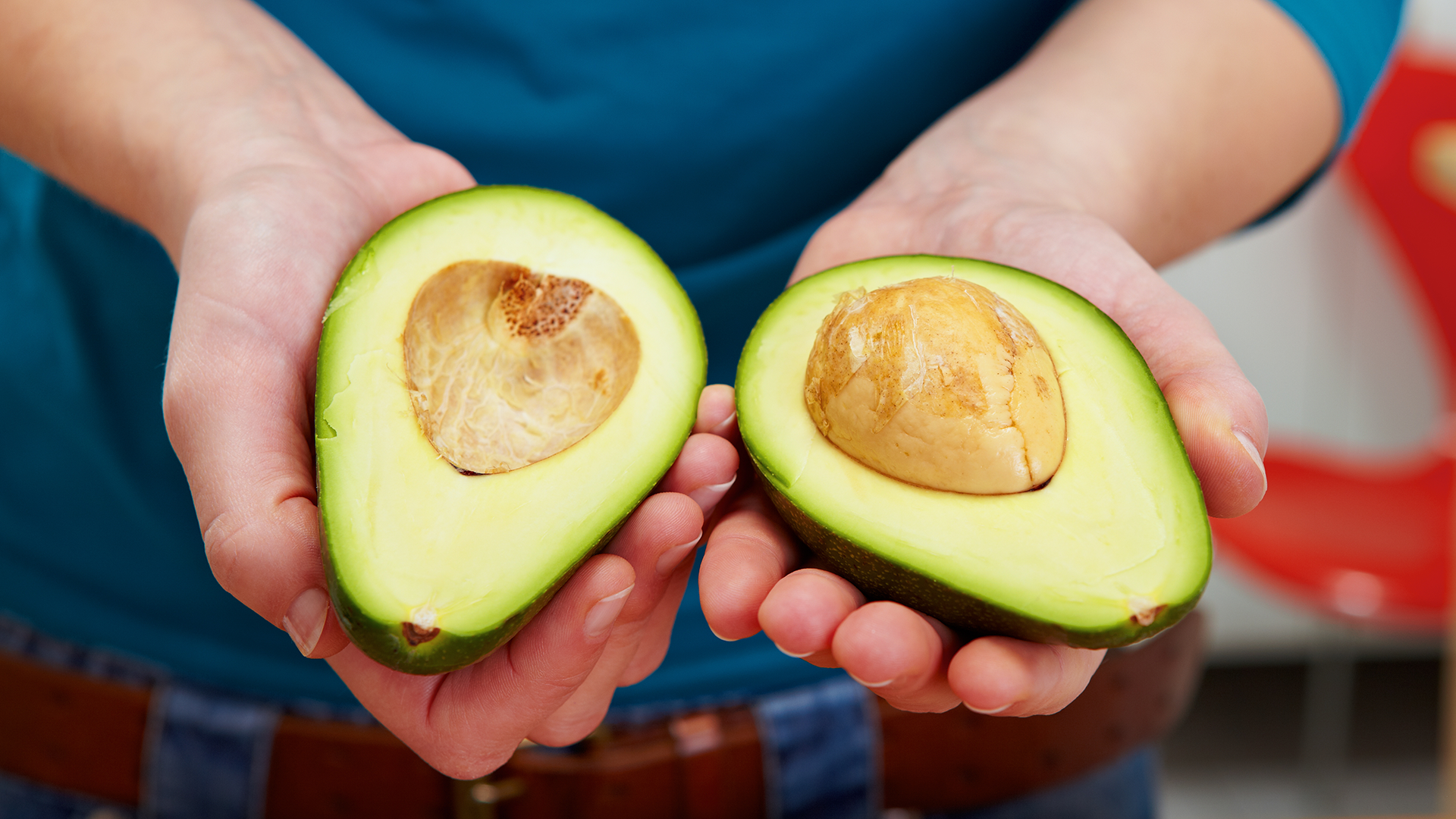
Here’s what we’ve found so you never experience that disappointment again:
The tests
1- Lemon juice + plastic wrap
2- Keep the core + airtight dish
3- Onion tip + airtight dish
4- Olive oil + airtight dish
5- Airtight dish alone
The answer: Managing oxygen
The idea behind these tricks is to prevent air from coming into contact with the meat of the avocado, which would lead to oxidization and therefore browning. The result? Only the lemon juice slowed down the process.
Preserving tip
Lemon juice and an airtight container are your friends!
Bananas
Everyone likes their bananas at different stages of ripening. But how do you keep them all from ending up in the freezer because they ripened simultaneously?
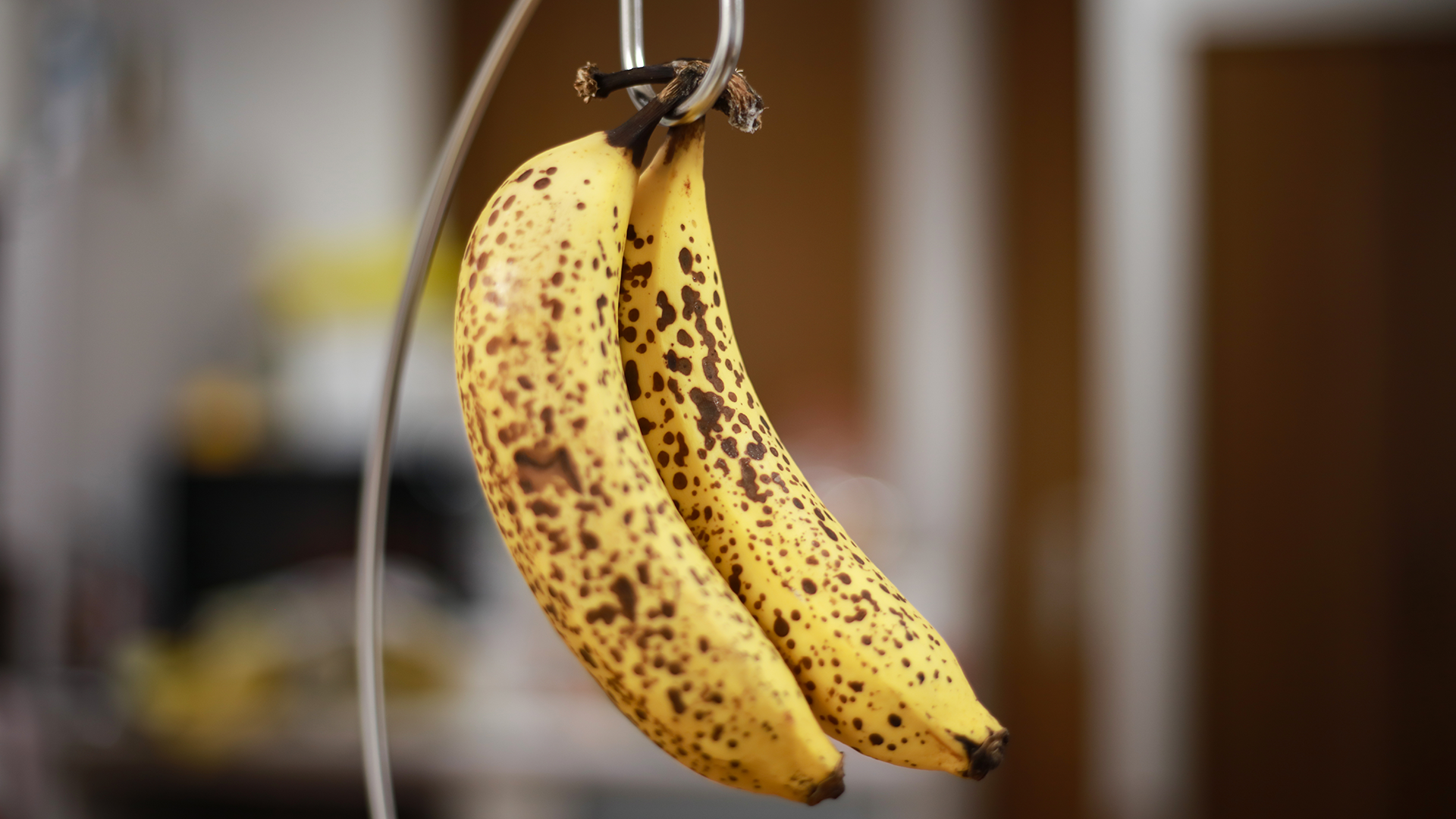
The tests
6- Wrap the banana stems with plastic wrap
7- Separate the bananas
8- Hang the bananas
9- Put the bananas in the fridge
The answer: Be careful with climacteric fruits
Bananas are a part of the climacteric fruits, a category of fruits that have the ability to continue to ripen even after being picked. To do so, they release a gas, ethylene. The more concentrated the ethylene (like by putting bananas in a brown paper bag with avocados, for example), the faster the food ripens.
Plastic wrap around the stem is not to be replicated! Hanging bananas worked well, by luck or by science, we still don’t know. What we can confirm is that the cold decreases the amount of ethylene produced and therefore slows down their ripening. Despite the brown skin, the inside is still tasty, but beware, cold bananas are not for everyone! Wait until they’re ripe before transferring them to the fridge: they may not ripen anymore due to thermal shock.
Preserving tip
Keep your bananas on the counter (hanging or not) and transfer some to the fridge when they’re ripe to your liking!
Berries
Is it their size that makes them so forgettable? These field gems should be our main priority in order to savour all their flavours!
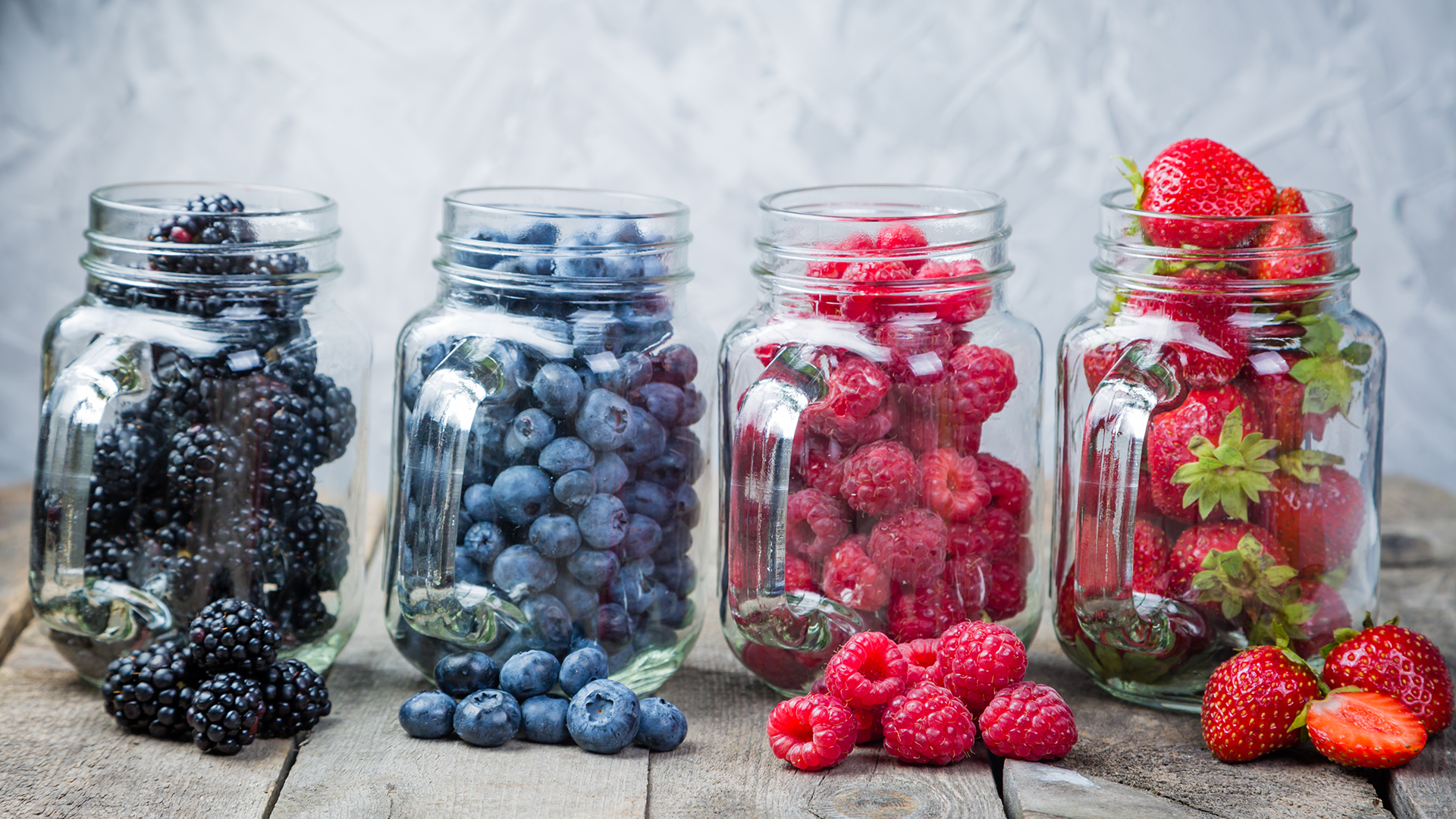
The tests
10- Store raspberries/strawberries in a jar
11- Soak strawberries/blueberries in vinegar water + airtight container + clean cloth
12- Store grapes in an airtight container + clean cloth
The answer: Managing humidity
Finding: berries can be kept for a maximum of 6 days in the refrigerator. They already contain a lot of water and lose a lot of it: this is why they soften and wither quickly if you don’t add a dry cloth to absorb the excess. Another essential step is to only wash them before eating them to avoid adding moisture. The cold fridge can damage them, so it’s important to protect them in an airtight container. Vinegar water? This technique will ensure that your fruit is extremely clean, but the magic ends there.
Preserving tip
A clean cloth is a must! Store your fruit in airtight containers (plastic or glass jars) with a clean cloth to absorb excess moisture, it will make all the difference.
Salads
Lettuce that wilts in 24 hours, spinach trays that smell like seaweed—there’s nothing appetizing about it.
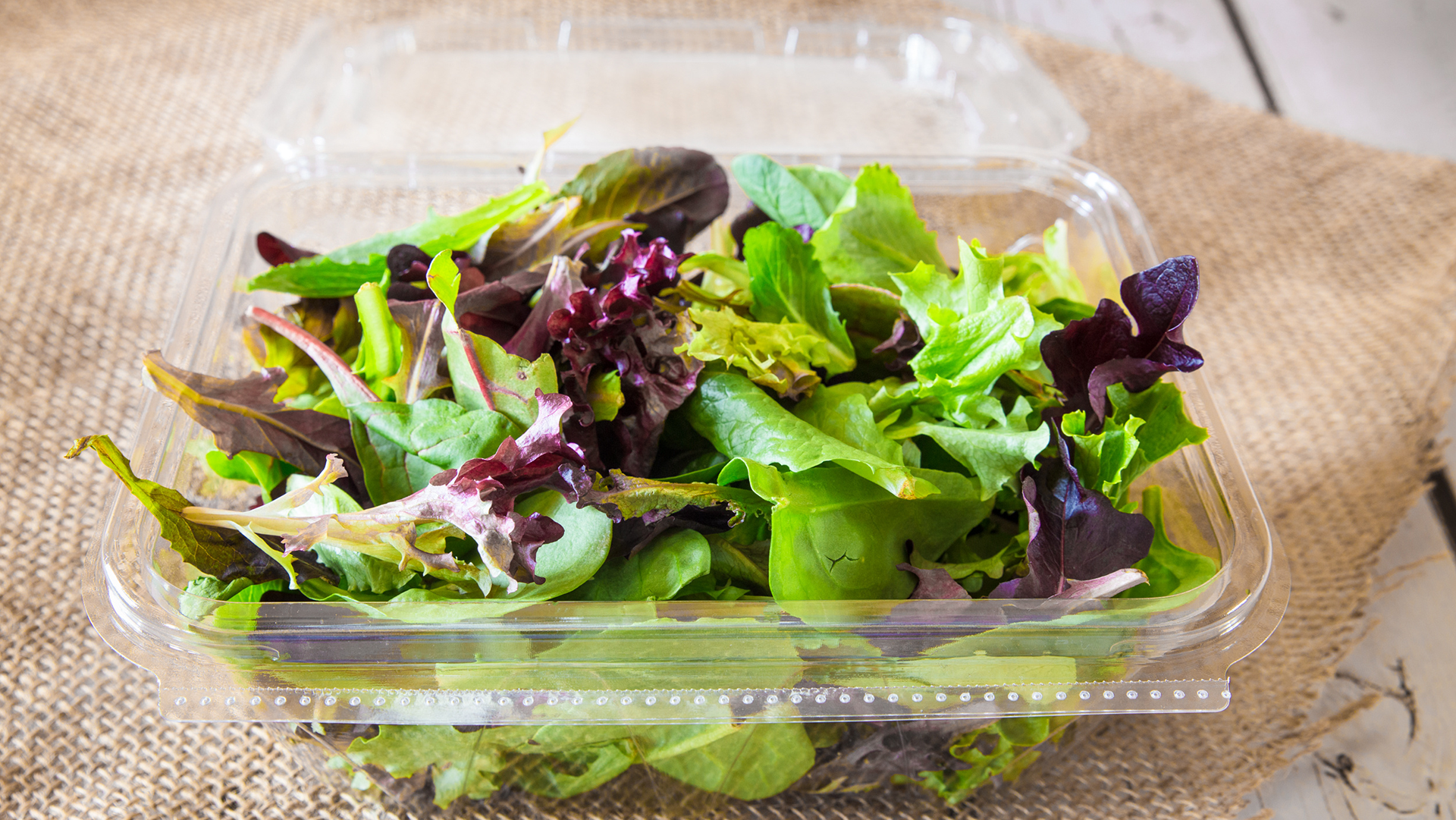
The tests
13- Clean cloth + airtight container
14- Perforated plastic bag
15- Chopped + jar
The answer: Humidity again!
Salad is composed mostly of water (93%) which explains why it needs a—you guessed it—humid environment to retain its crunch! On the other hand, the fridge contains 50% humidity, and this is why your fruits and vegetables shrivel up in the fridge if they aren’t well protected.
The perforated bag allowed the lettuce to continue to breathe, but a damp cloth should be added to prevent the lettuce from losing all its water! Changing the container is a good idea to give the lettuce more room to breathe, but if it’s cut, be sure to eat it quickly.
Preserving tip
Airtight container and, again, a clean cloth (wet in this case). Don’t panic if you forgot to wrap your lettuce properly when you got home from the grocery store, lettuce is forgiving. Soak it in ice water for 15 minutes to 1 hour, depending on how wilted your lettuce is, and it will regain its crispness.
Fine herbs
Similar to the issue with wilting lettuce, herbs quickly lose their freshness and moisture.
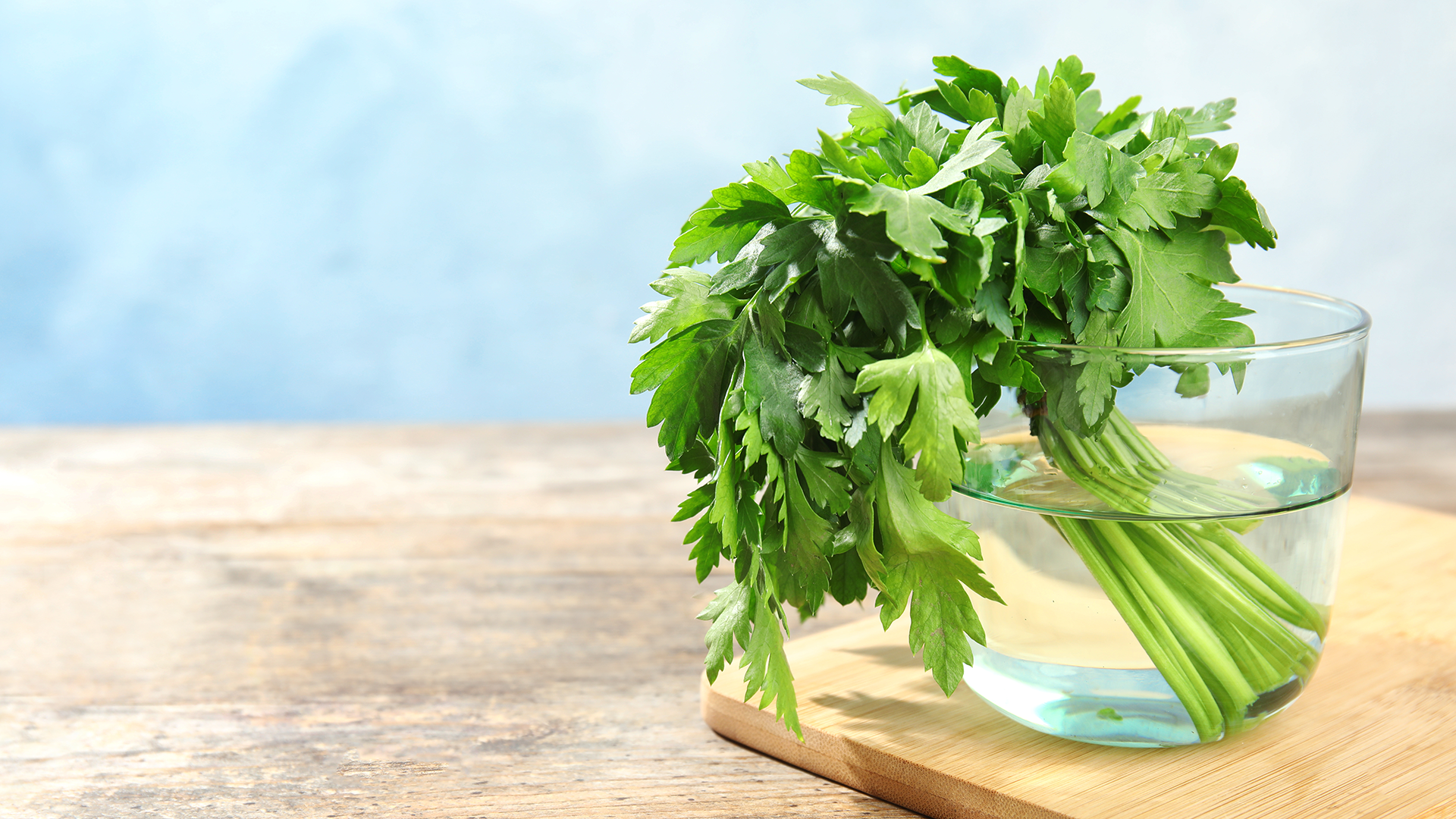
The tests
16- Washing in cold water + dish cloth + plastic bag
17- The hearts in a glass of water + plastic bag over the tips + fridge = greenhouse effect
Preserving tip
Both tricks work great, but the glass of water will ensure optimal preservation for up to several weeks. Just change the water every 2-3 days and you’re set!
Bonus: other vegetables
Among the vegetables that are most often wasted, here are some extra tricks that we’ve tested to help you:
18- Put mushrooms in a brown paper bag
19- Celery in aluminum foil
20- Sprouted beans in water + change water every 2 days
The answers
It’s best to store mushrooms in a container with a dry cloth to prevent them from drying out like they did in the paper bag. The celery tip worked surprisingly well! The goal is to protect it from the dry environment of the fridge, we could have put it in a reused plastic bag or an airtight container, it’s the same and it’s more ecological. The trick that surprised me the most was the sprouted beans; I’ll be using it from now on! Proof that there’s always more to learn.
Ultimately, the best thing to do is to take the time to adapt our packaging of food when we return from the grocery store so that we can keep it fresher, longer. And stock up on airtight containers and cloths 😉

Speaker – Food fight
Camille Dussault
Adventurous, Camille is enthusiastically involved in projects that are close to her heart and runs on coffee and sunshine to help her meet these new challenges! She is known in her circle for her passion for vegetables and never misses an opportunity to cook her latest discovery for you. Her favourite topics of conversation are cycling in all seasons, her most recent reading and Hector, her brother’s dog.
View all posts...Related posts :
Contact us
Earth Day Canada
5818, boulevard Saint-Laurent
Montréal (Québec) H2T 1T3 Canada
Phone : (514) 728-0116
Toll free : 1 800 424-8758
Fax : (514) 303-0248
Email: hello@earthday.ca
2026 © Earth Day Canada. All rights reserved.
Privacy policy · Terms of use · Trademark
